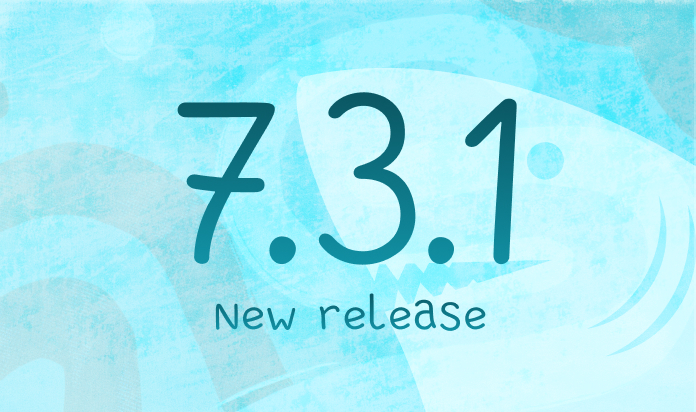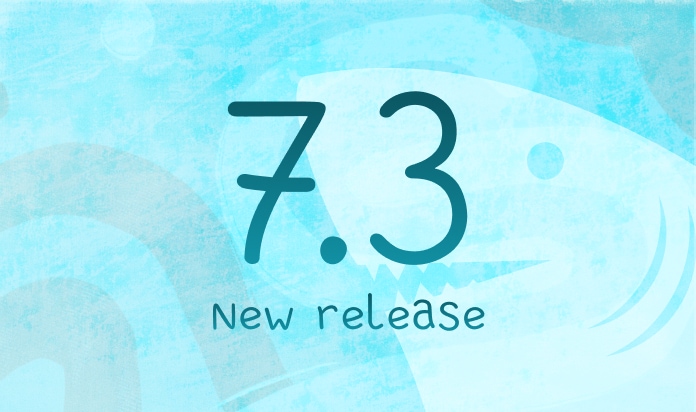Demystifying Data Science Careers


The term data scientist was coined in 2008 by DJ Patil and Jeff Hammerbacher, then working at LinkedIn and Facebook, respectively. They initially defined it as a “professional skilled in extracting insights from large datasets.” However, the role has evolved to include a broader range of skills, encompassing statistical modeling and machine learning. This shift reflects the growing importance of data and technological advancements. While the data scientist role has expanded, it's just one part of a broader landscape of data professionals, each with their specialized skill set.
Data Scientist
Data scientists are focused on applying advanced statistical and machine-learning techniques to solve complex problems. They often work on predictive modeling, natural language processing, and other data-driven applications.
Key responsibilities and skills:
- Machine learning algorithms (e.g., regression, classification, clustering)
- Statistical modeling
- Programming languages (e.g., Python, R)
- Data mining and exploration
- Problem-solving and critical thinking
Data Analyst
Data analysts are the bridge between raw data and actionable insights. They typically spend significant time communicating complex information to non-technical stakeholders through dashboards, reports, and other visualizations. While their role may involve some data modeling and basic predictive analytics, their primary focus is understanding and interpreting data to drive informed decision-making.
Key responsibilities and skills:
- Data cleaning, preparation, and exploration
- Dashboard and report creation
- Data visualization
- Basic statistical analysis
- Understanding of business processes
Data Engineer
Data engineers are the backbone of data-driven organizations. They are responsible for designing, building, and maintaining data pipelines and infrastructure. This includes data ingestion, transformation, and storage, as well as ensuring data quality and performance.
Key responsibilities and skills:
- Data pipeline development (ETL/ELT)
- Database administration
- Cloud platform expertise (e.g., AWS, GCP, Azure)
- Programming languages (e.g., Python, SQL)
- Systems architecture
Key Differences and Overlaps
While these roles have distinct responsibilities, they can overlap, especially in smaller organizations or projects. For example, a data analyst might also be involved in some data engineering tasks, or a data scientist might need to create visualizations to communicate their findings. This overlap can be challenging, especially in smaller settings where resources may be limited.
Low-code analytics platforms offer a solution to these challenges. They can streamline workflows, automate repetitive tasks, and provide a collaborative environment for data professionals. By increasing efficiency, accessibility, and focus on business value, these platforms empower data teams to work more effectively and deliver valuable insights.
Megaladata is a low-code platform that simplifies advanced analytics for business users. It offers a visual interface, pre-built components, and fast processing capabilities. With reusable models and advanced visualization, Megaladata accelerates data-driven decision-making.
See also



